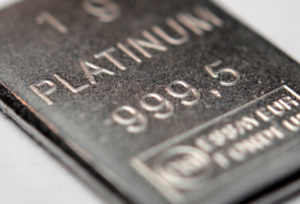In response to chip shortages that have plagued the auto industry, automakers will be creating new supply lines that treat chips more like platinum or palladium than just another part. Stephen Wilmot reports in The Wall Street Journal:
The once-obscure world of automotive microchips will never be the same again.
It has been a difficult month for the car industry. Manufacturers such as Toyota and General Motors have announced sweeping reductions to their fall production schedules for want of parts, particularly semiconductors. Consulting firm AlixPartners said Thursday that the chip shortage would likely cost the industry $210 billion in lost revenues this year, which was almost double its May estimate.
When it finally comes, the new normal that emerges from the current mess won’t look like the old normal. Car makers will go to great lengths to avoid a repeat, particularly as their industry is on the cusp of a digital revolution that will require a massive ramp up in chip supplies.
Higher inventories are the easiest hedge against future shortages. “Just-in-time” automotive supply chains were never a good fit for microchips, which take long lead times and planning to manufacture and little space to store, says Falk Meissner, a partner at management consulting firm Roland Berger. The irony is that, in the short term, companies building up chip inventories may be making the current shortage even worse, in a dynamic resembling last year’s lockdown rush for toilet paper.
Big car makers are also starting to build relationships directly with semiconductor companies to assure supplies, rather than relying wholly on “tier-one” suppliers such as Continental and Aptiv to integrate chips into ready-to-fit packages. This level of supply-chain scrutiny is already common with some inputs that can be sensitive to source, such as the precious metals that go into catalytic converters. Now it needs to be applied to microchips, too.
In time, the relationship between chip and car makers will get even closer. As vehicles increasingly resemble rolling computers, semiconductors could become a strategic battleground—a bit like batteries are today. The biggest auto makers may feel the need to design their own, or at least form deep partnerships.
Read more here.

